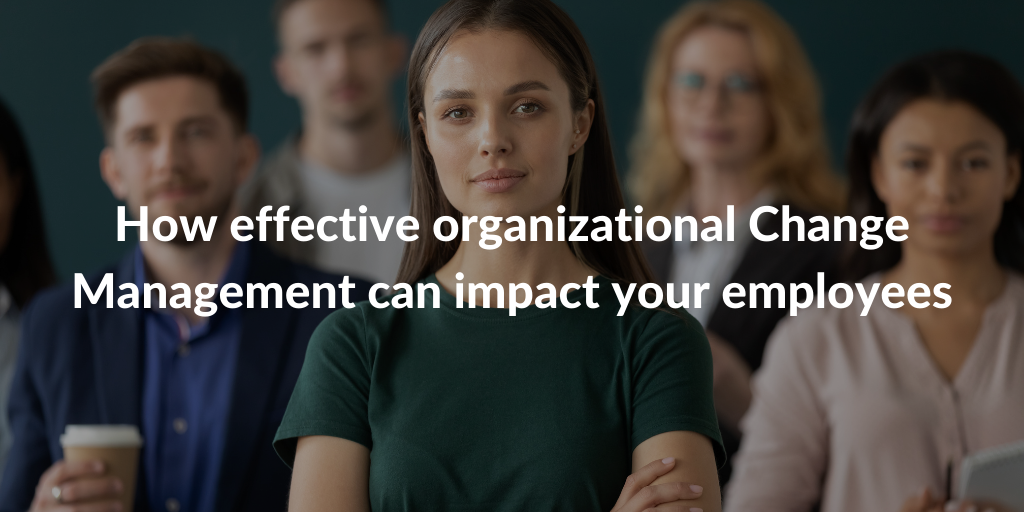Categories
Tags
Newsletter
Subscribe to the QRP International neswletter and get all the news on trends, useful contents and invitations to our upcoming events
Subscribe
In recent corporate history there have been large organisations that tried to change, but ultimately failed because they were unable to adapt. Organisations don’t change, but people do. It is the cumulative impact of successful individual change that makes or breaks your organisation.
Organizational change management can be very impactful on your employees. It is, therefore, important for companies to manage any organizational change effectively. Managing organizational change successfully, can increase morale among workers, drive positive teamwork and create job satisfaction.
For the purpose of this article, we will identify 4 types of organizational change management:
The specific nature of your plan will depend also on the fact whether the change is part of a long-term plan or an unexpected organizational change. At the same time, the level of influence the change will have is another important factor to consider.
In order to plan organizational change, these are some tips you can consider:
When speaking about effective change management, it’s important to ensure it’s as simple as the ABC. What does this mean?
There should be clear communication standards for the whole organisation:
A = Alignment
B = Balance
C = Communication
When employees are aligned on what is expected of them during and after the change, it will be much easier for them to adopt new procedures and processes.
Introducing change gradually can help employees to keep the overview and therefore feel balanced when adding new tasks.
Proper communication is key, but even more important is to ensure that employees have received your communication so that all noses point in the right direction.
It’s crucial to realize what the impact of your change management will be on your employees. Only when one person at a time will start to do his or her job differently, will the change start to take place. If individuals don’t make changes to their day-to-day work, an organizational transformation effort will not deliver results.
When change management is applied effectively it can impact your employees in several positive ways by:
Therefore it’s important for companies to avoid employees feeling stressed about change. Because whenever an unaccounted change occurs, or whenever our habits are disrupted, our human nature is associating this with the feeling of losing something.
Employees can be more welcoming and open to change initiatives when these initiatives bring opportunities for personal growth and development. When change introduces new challenges that can make the job more exciting or provides opportunities to participate in shaping the future of the organisation, employees will be more willing to reduce their resistance to change.
There are 3 factors that make it easier for employees to welcome change and therefore reduce resistance altogether:
QRP offers courses in Change Management. Additionally there is also the Agile Change Agent Training and Certification.
Are you curious to learn more about this topic? Don’t hesitate to write to us!
Sources:
APMG International – Top Tips in Planning Organizational Change
APMG International – Effective Organisational Change Management Should be Simple ABC